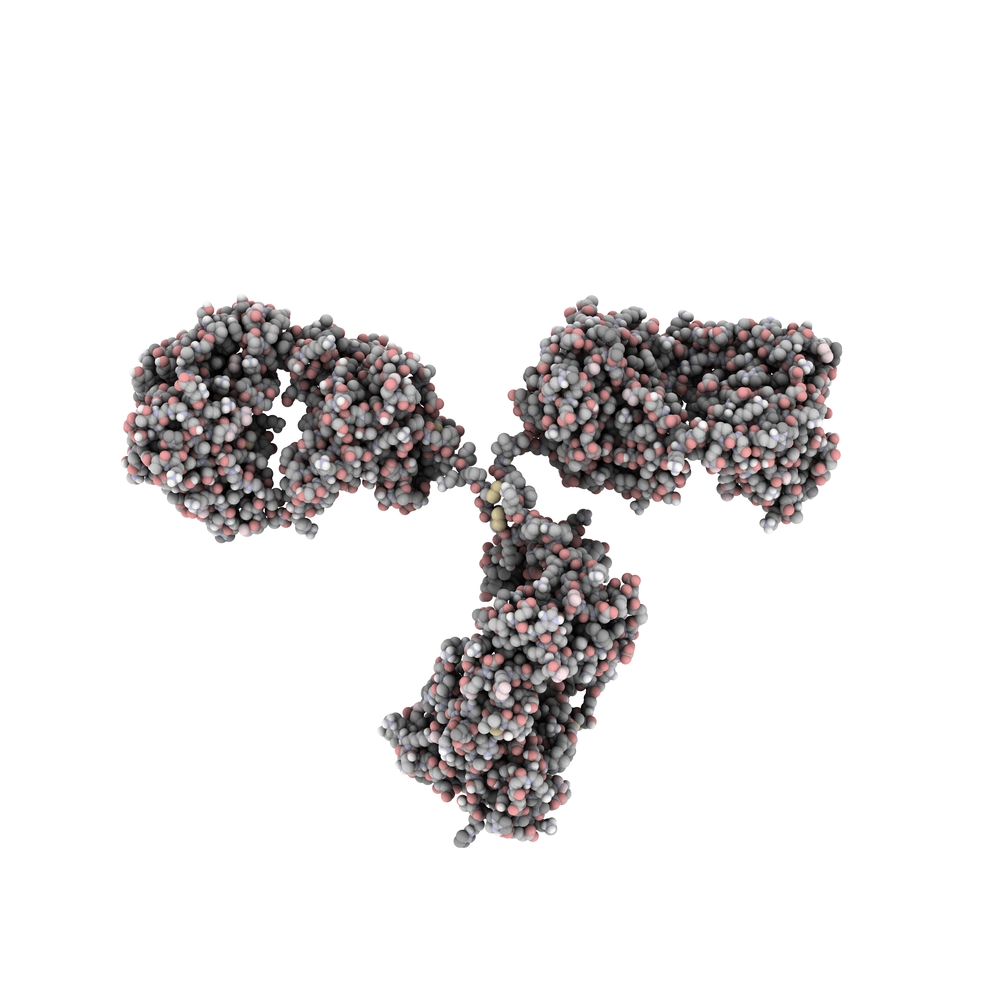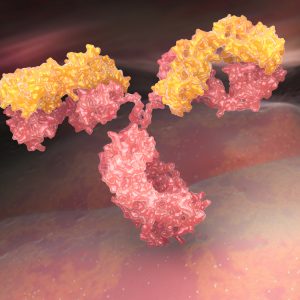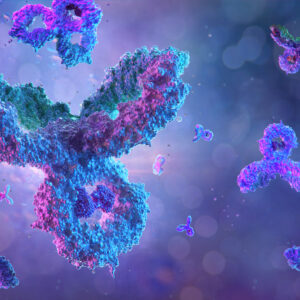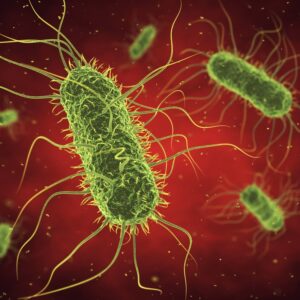GOAT ANTI-LISTERIA ANTIBODY, GENUS-SPECIFIC
Goat anti-Listeria antibody, genus-specific is an affinity purified antibody isolated from a pool of serum from goats immunized with different strains of Listeria.
PRODUCT DETAILS – GOAT ANTI-LISTERIA ANTIBODY, GENUS-SPECIFIC
- Part of the BacTrace® range of antigens and antibodies.
- Affinity purified antibody made in goat.
- Isolated from a pool of serum from goats immunized with different strains of heat-killed whole cells of Listeria.
- Antibody reacts broadly with Listeria species. The intensity of reaction may vary with the strain of Listeria tested. May show occasional low-level cross-reactivity to Staphylococcus and Streptococcus species under certain test conditions.
- Product is in lyophilized form.
- Each lot is tested to assure specificity and lot-to-lot consistency using an in-house ELISA assay.
BACKGROUND
Listeria is a food-borne pathogen responsible for a disease called listeriosis, which is potentially lethal in immunocompromised individuals. It is a genus of bacteria that acts as an intracellular parasite in mammals and as of 2020 was known to contain 21 species. Listeria species are Gram-positive, rod-shaped, and facultatively anaerobic, and do not produce endospores. The major human pathogen in the genus Listeria is L. monocytogenes. It is usually the causative agent of the relatively rare bacterial disease listeriosis, an infection caused by eating food contaminated with the bacteria. Listeriosis can cause serious illness in pregnant women, newborns, adults with weakened immune systems and the elderly, and may cause gastroenteritis in others who have been severely infected (Radoshevich & Cossart, 2018).
Listeriosis is a serious disease for humans; the overt form of the disease has a case-fatality rate of around 20%. The two main clinical manifestations are sepsis and meningitis. Meningitis is often complicated by encephalitis, when it is known as meningoencephalitis, a pathology that is unusual for bacterial infections.
L. ivanovii is a pathogen of mammals, specifically ruminants, and has rarely caused listeriosis in humans.
REFERENCES
- Radoshevich L, Cossart P. Listeria monocytogenes: towards a complete picture of its physiology and pathogenesis. Nat Rev Microbiol. 2018 Jan;16(1):32-46.




